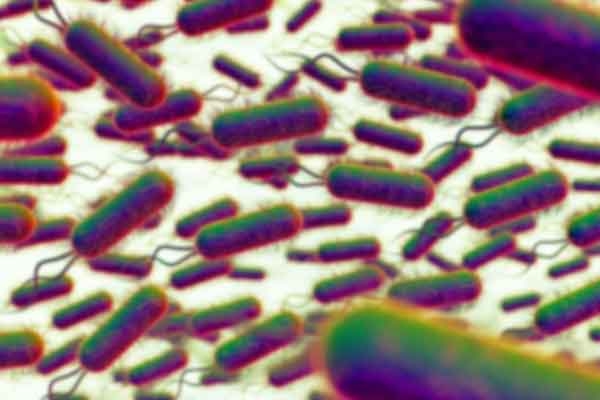
(Image source from: Freepik.com)
More than 200 cases of E. coli have been identified in an outbreak in the United Kingdom. At least 67 people are in hospital and the UK Health and Safety Executive (UKHSA) has warned the number could rise. Most of those infected are young people, with some cases including a two-year-old child and a 79-year-old adult. Here you will find everything you need to know. E. coli, short for Escherichia coli, is a bacterium commonly found in the lower intestines of warm-blooded animals. Although most E. coli strains are harmless, some E. coli strains can cause severe food poisoning. This is the case with Shiga toxin-producing E. coli (Stec), which can cause severe food poisoning. All cases recorded in this new outbreak include Stec. According to the UKHSA, there are typically around 1,500 cases of STEC per year in the UK. Earlier this month, the UKHSA announced that the latest cases were linked to a single outbreak. Given the “geographical distribution of cases”, the UKHSA believes there is a link to food distributed across the country. As of June 11, 147 patients were in England, 27 in Wales, 35 in Scotland and two in Northern Ireland.
On June 14, two sandwich makers supplying British supermarkets, Greencore and Samworth Brothers Manton Wood, recalled their products due to E. coli risks. Products from Boots, Asda, Tesco, Co-op, Aldi, Sainsbury's and Amazon were affected. On June 17, a company called THIS recalled vegan chicken and bacon sold exclusively at WHSmith. All three recalls are believed to be precautionary measures, with the Food Standards Agency limiting the source to "a small number of lettuce leaf products used in sandwiches, wraps, subs and rolls". UKHSA urges anyone who purchased the recalled products not to eat them. Instead, you must return it to the store where you purchased it for a refund. The main causes of STEC outbreaks are fecal contamination of raw or undercooked ground meat products, raw milk and vegetables. The disease is most commonly transmitted through consumption of contaminated food, but can also be transmitted through close contact with an infected person, as well as through direct contact with an infected animal or the environment. The main symptoms are stomach cramps and severe, sometimes bloody diarrhea.
Some people may have only mild diarrhea or no symptoms at all. If no complications occur, symptoms can last up to two weeks. Some patients, especially children, may develop hemolytic uremic syndrome (HUS), a serious life-threatening condition that can lead to kidney failure. The UKHSA states in its information leaflet that HUS can occur within two weeks of the onset of diarrheal illness. If your symptoms don't go away, if you bruise easily, if you feel like you're urinating less than usual, or if your urine is pink or brown, these symptoms may indicate the onset of HUS, as a condition called thrombocytopenic purpura (TTP) can develop. Virologists warn that the disease could be worse in young children, the elderly and people with underlying immune system conditions. Parents who are concerned about their baby under 12 months should call 111 or contact their GP, particularly if the baby has stopped breastfeeding or is showing signs of dehydration. There is no specific treatment for STEC infections and they usually clear up on their own within a week. Diarrhea can lead to dehydration, so it's important to drink plenty of fluids. Antibiotics are not recommended and may increase the risk of complications such as HUS.
To reduce the risk of contracting and spreading the disease, the UKHSA recommends: Wash your hands regularly with hot water and soap. Alcohol gel does not kill all insects that cause diarrhea. Observe food hygiene measures such as washing fruits and vegetables and proper food preparation. If you have diarrhea or vomiting, do not prepare food for others. Avoid visits to hospitals or nursing homes to prevent the spread of infection. Do not return to work, school or daycare until 48 hours after symptoms have subsided. An outbreak linked to minced meat products in June last year recorded 27 cases of Stec. There was an outbreak in 2022 that sickened more than 259 people from August to the end of October. Investigators believe Sarada was the cause of this incident. It is not uncommon for products to be recalled due to fears of an infection outbreak, as was the case with five cheese products last December.










